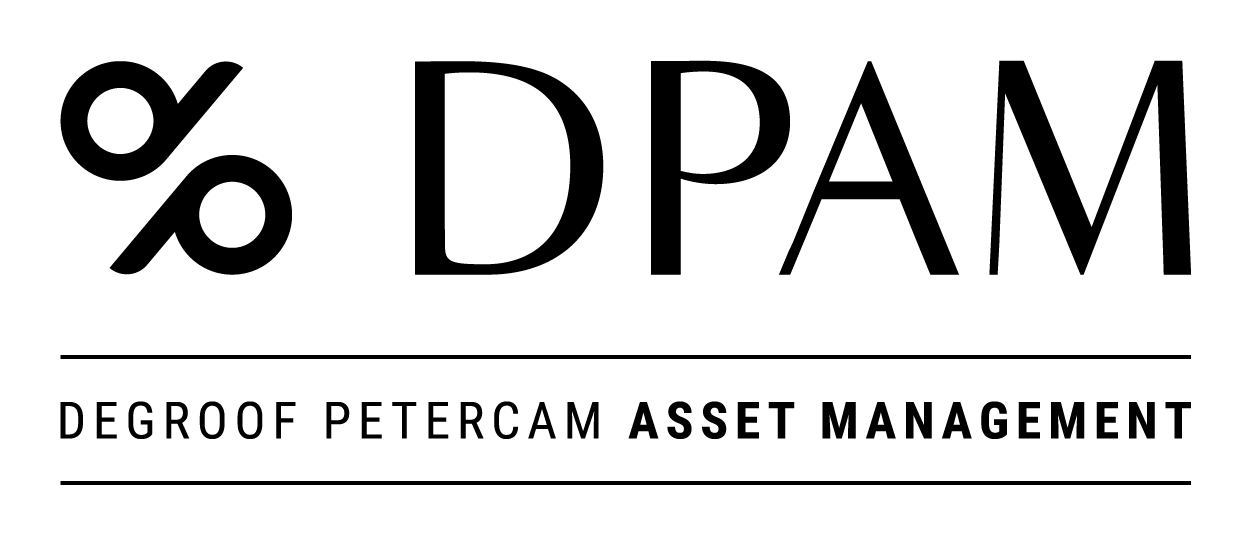Graph of the month: Sustainable country ranking of EM member states
Before visiting this website, you should confirm that you are a qualified investor within the meaning of the Prospectus Regulation (EU) 2017/1129 of 14 June 2017.
You should make sure that the rules you are subject to allow you to subscribe to shares and/or units of the Collective Investment Schemes (“CIS”) mentioned on this website. Certain rules (including rules on public offering and/or marketing of CIS) may, depending on the country where the CIS are marketed, impact the marketing options for CIS and restrict the marketing thereof to certain types of investors.
I hereby acknowledge that I am aware of the rules applicable to me and I wish to access this website.
By accessing this website, I confirm that I have read and approved the legal notice
"Legal Information and Website Terms and Conditions of Use".


